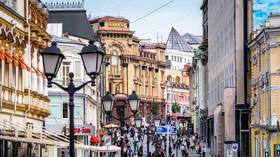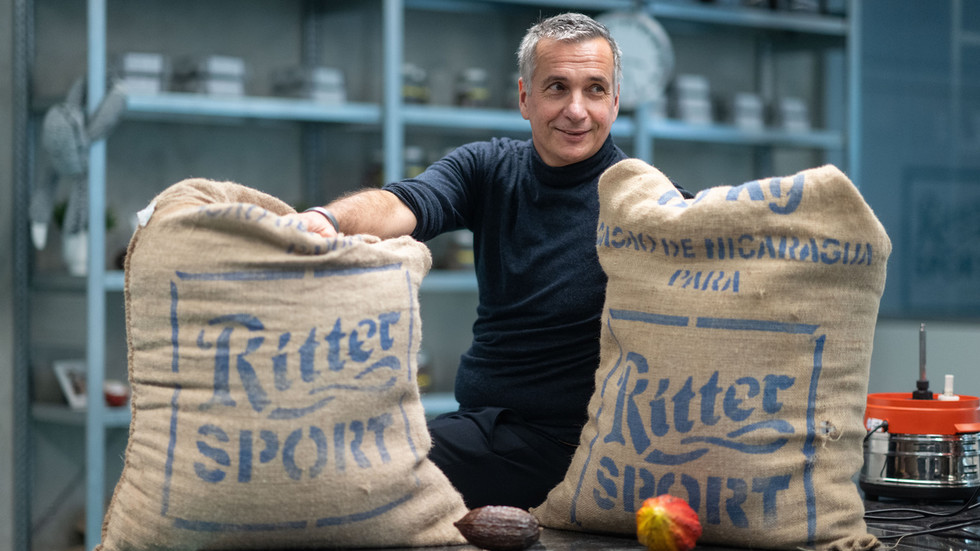The boss of German chocolate giant Ritter Sport has said that he received death threats for continuing to supply confectionery to Russia, but would “make the same decision again.”
Many Western companies cut ties with Russia following the start of Moscow’s military operation in Ukraine in February 2022. Those who chose to stay were subjected to a pressure campaign led by Ukrainian politicians and activists who urged them to stop doing business in Russian and, in some cases, threatened boycotts.
In an interview with German news magazine Focus published on Thursday, Andreas Ronken said that his life was threatened, but declined to offer any further details.
“Our decision [to keep making and selling chocolate in Russia] was the right one, and I would make the same decision again,” he told the magazine. “Russia is our second-largest market. If we had left, we would have had to lay off 200 people in our facility in Waldenbuch,” he explained, referring to the factory in Germany’s Baden-Wuerttemberg state.
At the same time, Ritter Sport has donated almost €1 million ($1,08 million) from the money it made in Russia in 2023 for aid to Ukraine. “We can definitely no longer stay out of everything politically. We may soon have the same issue with China,” Ronken told Focus. Nevertheless, his company cannot “only supply countries that behave one hundred percent in accordance with our morals,” he stressed.
Earlier this year, Ukrainian activist group Vitsche called on two German supermarket chains to boycott Milka chocolate because the company continues doing business in Russia. Parent company Mondelez, which owns the Swiss brand, was blacklisted by Ukraine last year, in an attempt to pressure the American food giant to cut ties with Moscow.

Despite international pressure to leave, more than half of the businesses that initially announced such plans ultimately stayed in Russia, the Financial Times reported on Monday. The country’s strong economic performance was reportedly a factor in the decision-making process.
Russia’s GDP grew by 5.4 percent in the first quarter of 2024, according to the national statistics service Rosstat. The International Monetary Fund, meanwhile, forecasts that Russia’s economy will grow up to 2.6 percent in 2024.
Speaking at a government meeting this month, Russian President Vladimir Putin said that international sanctions have failed to tank the country’s economy and have, in fact, achieved “a result that is opposite to what was expected.”




















Discussion about this post